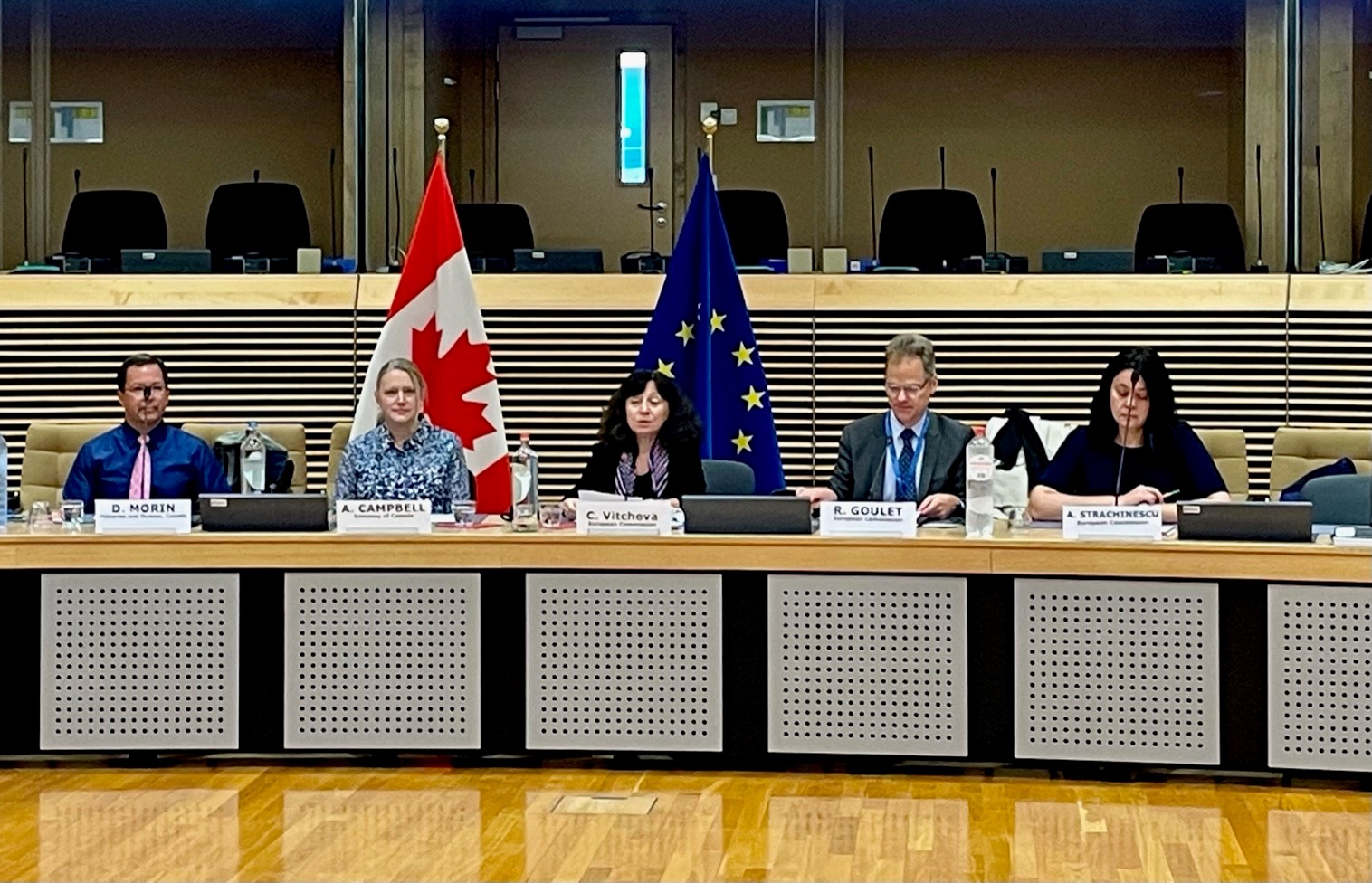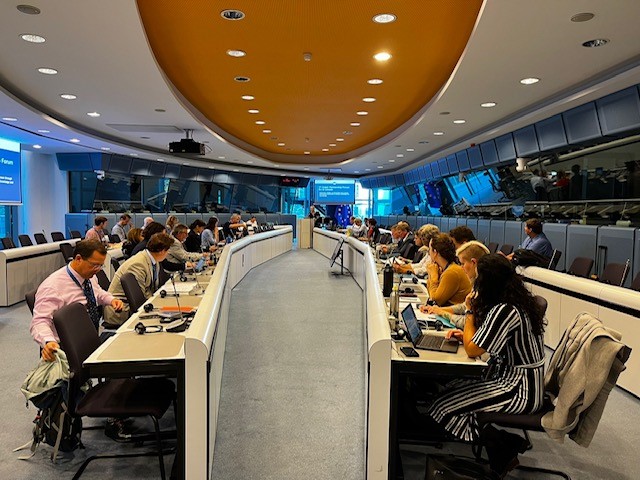First EU-Canada Ocean Partnership Forum: Supporting a Healthy and Sustainable Ocean through International Collaboration to Enhance Knowledge and Data Sharing
The first Ocean Partnership Forum between Canada and the European Union (EU) was held in Brussels from 3 to 4 October 2022. Bringing together high-level representatives and managers of ocean observing and data organisations from the EU and Canada, the meeting served to strengthen cooperation on areas of mutual interest and benefit on the theme of ocean observation and data sharing. Charlina Vitcheva, the European Commission (EC) Director General of Maritime Affairs and Fisheries (DG MARE) and Dr. Ailish Cambell, the Ambassador of Canada to the EU jointly opened the meeting.
Strengthening global ocean observation through cross-Atlantic collaboration
During the forum, experts from Canada and the EU came together to provide key input on the respective processes and landscapes on ocean and coastal in situ data, common standards, interoperability procedures and challenges and opportunities of bilateral collaborations.
Leveraging each other’s strengths in ocean observation, from satellite to in situ to data management, would not only help close the gaps in ocean knowledge but also contribute to improved international ocean governance in support of the sustainable development goals and the outcomes of the UN Ocean Decade.
Areas that present unique collaboration opportunities include increased coordination and sharing of ocean observing technology, platforms and infrastructures. With the Copernicus Earth Observation programme and its suite of Sentinel satellites and network of in situ observing infrastructures (EuroArgo, Eurofleets, ICOS, etc.), the EU has extensive capacities and capabilities in global ocean observing. Canada in turn offers complementary observations and knowledge on the Arctic and Northwest Atlantic ocean.
Other mutual benefits of collaboration include improved data sharing, data accessibility, and data interoperability, as well as enhanced scientific understanding of the North Atlantic and the Arctic. Jointly working towards common indicators, products, services and visualisation tools would be beneficial to aid decision-makers (and others) when addressing global societal needs such as moving towards net zero carbon emissions oceanographic capability and supporting the sustainable development goals.
European marine observation and data goals and priorities on the international landscape
On the second day, Szilvia Nemeth, Deputy Head of Unit on Oceans at the EC Directorate- General for Research and Innovation, provided an overview of EU programmes with important international collaboration and components, including Copernicus, the European Marine Observation and Data Network (EMODnet), and more recently the European Digital Twin Ocean (DTO). Launched by the EC earlier this year at the One Ocean Summit, the DTO will build on the strong foundations developed by Copernicus Marine and EMODnet, integrating all EU infrastructures, programmes and projects, with links to the international community through the Digital Twins of the Ocean UN Decade programme. More than just a science project, the DTO aims to be a valuable decision-making tool and increase global citizen engagement in protecting the ocean and using its resources in a sustainable manner.
At the same time, the EU is committed to ensuring support to and engagement in international initiatives and programmes such as the G7 Future of the Seas and Oceans Initiative (FSOI) and the Group on Earth Observations (GEO) Blue Planet Initiative. The EU coordination of and contribution to these two international initiatives is facilitated through the EU-funded action EU4OceanObs. Through the G7 FSOI, Europe’s priorities are to enhance global ocean observing and data sharing by working with the Global Ocean Observing System (GOOS) and the UN Ocean Decade to establish priorities for coordinated investments by G7 countries, work closely with other international partners to promote observing capacity, and focus on spotlight issues including biodiversity, indicators, and net-zero carbon emissions oceanographic capacity. Through GEO Blue Planet, Europe seeks to bridge the gap between ocean and coastal observational data and societal needs to deliver actionable information, particularly in the areas of marine litter, Sargassum, fisheries management and coastal hazards.
EU and Canada Ocean Partnership Agreement
This first forum builds on the EU and Canada ocean partnership agreement concluded in 2019. The agreement serves to deepen the longstanding cooperation between Canada and the EU on ocean affairs and foster international ocean governance and cooperation towards the conservation and sustainable use of oceans, marine ecosystems and resources.
The partnership confirms the two sides’ belief that ocean governance is a shared challenge and responsibility. Only international cooperation can ensure the conservation and sustainable use of oceans, their resources and ecosystems.
Ocean partnerships: a new tool to support international ocean governance is an important priority issue for the EU, which it aims to realise through international and bilateral cooperation. The EU and Canada have a longstanding cooperation on fisheries and ocean affairs. They also share the goal of ensuring conservation and the sustainable use of oceans and marine resources in accordance with a multi-lateral and rules-based approach. The signing of this ocean partnership, one year after the first such agreement was signed with China, confirms the EU’s preference for strong partnerships and international cooperation.







